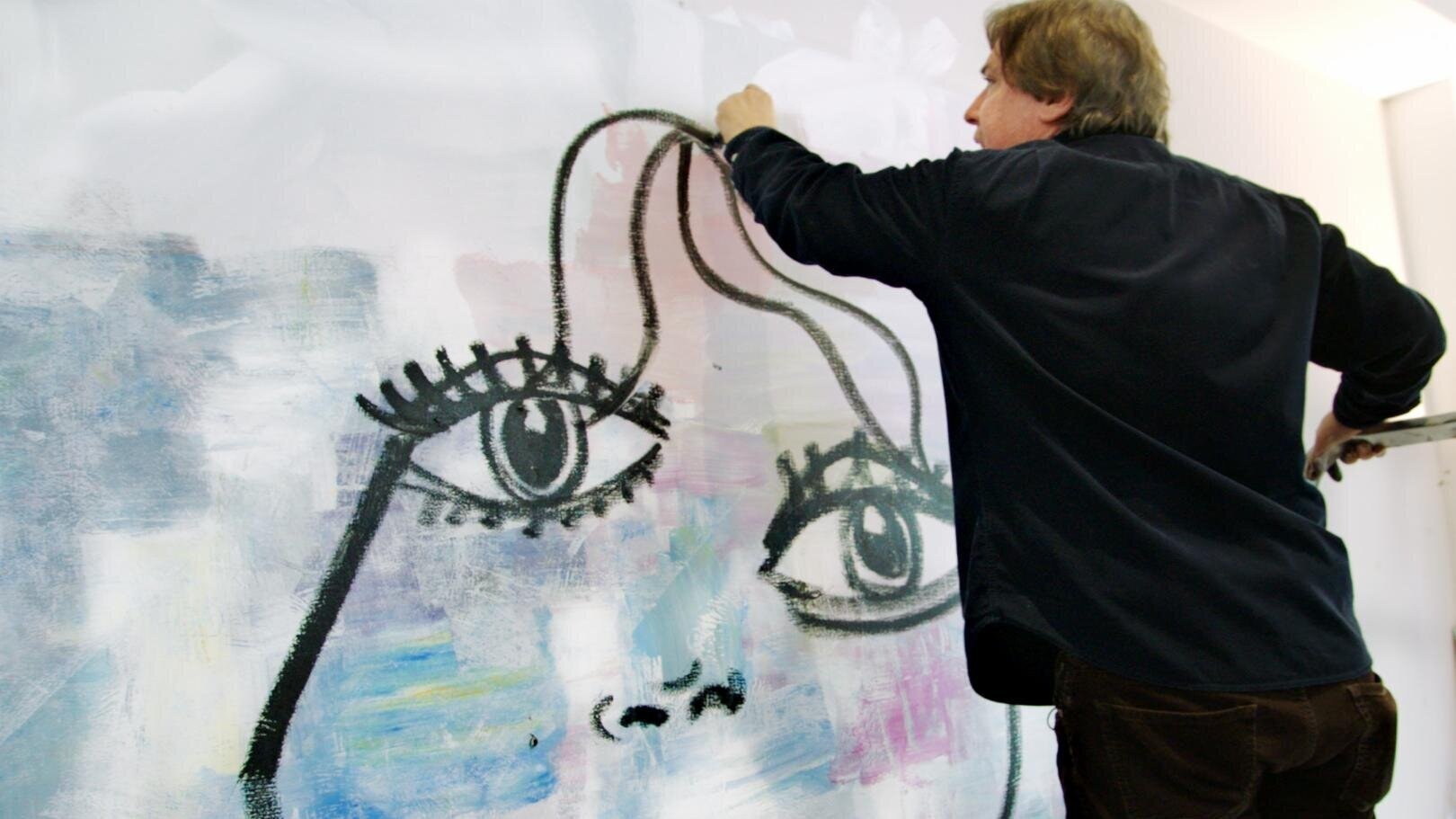The Price of Everything
A film with a questionable approach to an interesting subject.
Nathaniel Kahn is not one of the biggest names in documentary filmmaking but in 2003 he made My Architect, a film about his own father, the architect Louis I. Kahn, which, memorable in its own right, earned him an Oscar nomination. That piece was a highly personal venture (Nathaniel was an illegitimate child and his father kept more than one family). However, it is at once apparent that this new work of his, The Price of Everything, belongs in a very different documentary sphere. In choosing to make a film that looks at the interconnection between art work and the world of commerce Kahn had found another intriguing subject, but one which called out to be presented as a film essay.
The opportunities were on the face of it wide-ranging. Can paintings really be worth the astronomical prices they can fetch today? If only the very rich can afford the work of leading contemporary artists, does that lead inevitably to most such pieces being held in private collections and threaten the future of museums that want to display the art of the day? Should artists who become popular play up to that, even if it encourages them to repeat themselves? Can the artist wishing to go his or her own way ignore the demands of the market and still have enough to live on? How much modern art is work of real quality and not modish nonsense?
Covering such issues, arguing a case or putting opposite views side by side could yield a fascinating film but The Price of Everything is assembled in a manner that feels totally arbitrary. It brings forward a number of painters including Jeff Koons, Gerhard Richter, Marilyn Minter and the Nigerian Njideka Akunyili Crosby and moves back and forth between them, but views expressed whether like or unlike rarely illuminate one another. At one point Koons intones that "everything is metaphor" and one often senses that Kahn is dubious about many attitudes expressed (Sotheby's Amy Cappellazzo is so immersed in commercialism that she unintentionally sends herself up). The rich collector Stefan Edlis at least knows where he stands and, even if one smiles at the painter Larry Poons when he asserts that Beethoven is his model as a developing artist (it seems that Mozart would do too), the fact that he chooses to go his own way does make him one of the film's heroes along with the art historian Barbara Rose who comes across as a voice of sound sense.
Those already familiar with this world may be satisfied just to see and hear these individuals. But it felt to me as though Kahn was this time just assembling all the possible footage and then, instead of editing it in a meaningful way, was leaving that to the viewer. Be it to express viewpoints, offer criticisms or raise questions, shaping a work is the job of the filmmaker, but it seemed as though Kahn had not embarked on that at all.
MANSEL STIMPSON
Featuring Larry Poons, Jeff Koons, Stefan Edlis, Amy Cappellazzo, Marilyn Minter, Njideka Akunyili Crosby, George Condo, Gerhard Richter, Barbara Rose, Jerry Saltz.
Dir Nathaniel Kahn, Pro Jennifer Blei Stockman, Debi Wisch and Carla Solomon, Ph Bob Richman, Ed Sabine Krayenbühl, Brad Fuller and Phillip Schopper, Music Jeff Beal.
HBO Documentary Films/Hot & Sunny Productions/Artemis Rising/Film Manufacturers Inc.-Dogwoof.
99 mins. USA. 2018. Rel: 16 November 2018. Cert. 12A.


